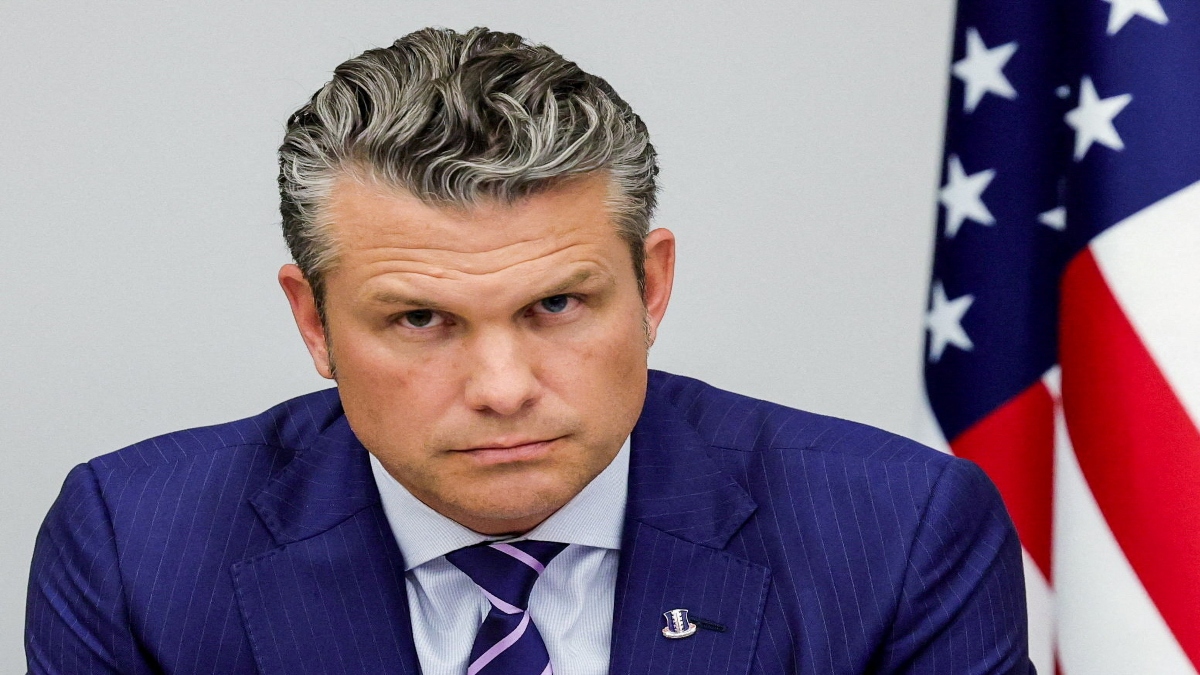The United States carried out its first known military strike on a suspected drug-smuggling vessel in the Pacific Ocean, killing two individuals on board, Pentagon chief Pete Hegseth said on Wednesday.
“There were two narco-terrorists aboard the vessel during the strike, which was conducted in international waters. Both terrorists were killed and no US forces were harmed in this strike,” which took place Tuesday," Hegseth said in a post on X.
The US military strike on a suspected drug-smuggling vessel in the Pacific marks the first known operation of its kind in the region since the Trump administration launched a more aggressive campaign against international drug trafficking.
That offensive has already led to at least seven strikes in the Caribbean, significantly heightening tensions between the United States and regional governments, particularly Venezuela and Colombia.
A U.S. official, speaking on condition of anonymity, confirmed that multiple individuals — believed to be smugglers — were aboard the vessel targeted in the Pacific, though no further operational details were provided.
Impact Shorts
More ShortsThe latest strike comes amid a broader U.S. military buildup in the Caribbean, which includes the deployment of guided missile destroyers, F-35 fighter jets, a nuclear-powered submarine, and approximately 6,500 troops.
Legal experts have raised concerns over the military’s growing role in drug interdiction, questioning why these operations are not being led by the U.S. Coast Guard — the primary maritime law enforcement agency — and why non-lethal alternatives are not pursued before launching fatal strikes.
In August, the Coast Guard initiated Operation Viper, aimed at intercepting drug shipments in the Pacific. As of October 15, the agency reported seizing over 100,000 pounds of cocaine. It remains unclear why a direct strike was chosen in this case, rather than interdiction by the Coast Guard.
Just last week, Reuters reported that two suspected traffickers survived a separate US military strike in the Caribbean. They were later rescued and transferred to a US Navy warship before being repatriated to Colombia and Ecuador.
So far, at least 32 individuals have been killed in the Caribbean strikes, though the Trump administration has released limited information regarding the quantity of drugs allegedly involved or the intelligence used to justify the operations.
With inputs from agencies
)